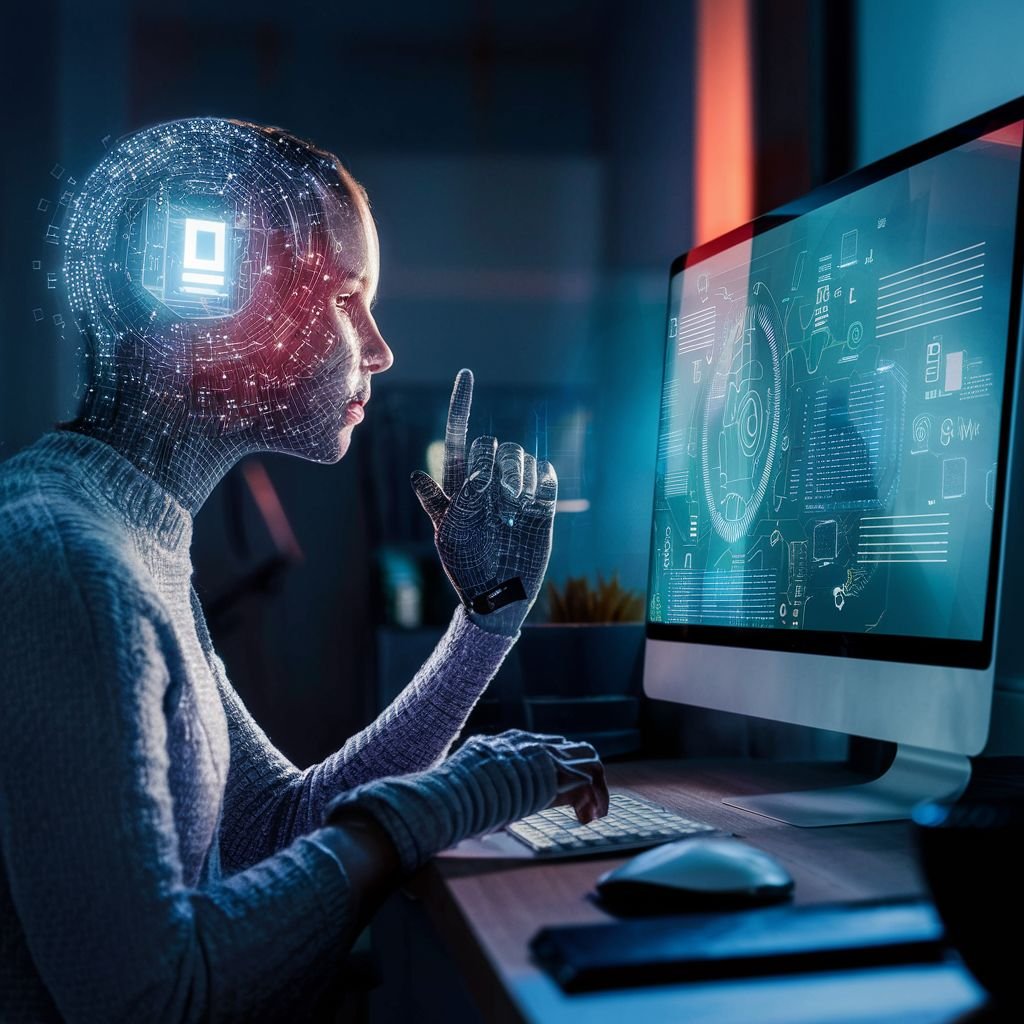- Define the concept of artificial intelligence and its significance in modern society.
- Discuss the origins of AI and its evolution over time.
- Explore key themes and advancements in the field.
The Turing Test
- Introduce Alan Turing's seminal work on computing machinery and intelligence.
- Examine the inception of the Turing Test and its implications for AI.
- Discuss challenges, alternatives, and the current state of the Turing Test.
History of AI Applied to Chess, and games in general
- Trace the history of AI applications in chess, from its origins to modern developments.
- Explore the role of computer-chess, realizations, and advancements in game-playing AI.
- Discuss the significance of games like Go as a frontier for AI research.
Expert Systems
- Provide an overview of expert systems in artificial intelligence.
- Address key technological issues, managerial challenges, and social implications.
- Reflect on the possibilities and limitations of creating "thinking" machines.
AI Winter and Lessons Learned
- Explore the phenomenon of AI Winter and its impact on the field.
- Discuss triggers, reports (ALPAC, Lighthill), duration, and lessons from AI Winter.
- Analyze the implications for future developments in artificial intelligence.
History of AI from 2019 - 2024
2019
Advancements in Natural Language Processing (NLP) with the rise of models like BERT.
Increased adoption of AI in healthcare for image analysis and diagnostics.
2020
Growing concerns around bias in AI algorithms, leading to more emphasis on ethical AI development.
AI plays a crucial role in managing the COVID-19 pandemic through contact tracing and vaccine development.
2021
Introduction of high-performance language models like GPT-3.
Expansion of AI applications in industries such as finance, marketing, and agriculture.
2022
Continued focus on AI safety and regulation with initiatives like the EU's AI Act.
AI-powered automation leads to transformations in the workforce, emphasizing the need for upskilling.
2023
Breakthroughs in reinforcement learning algorithms for more efficient AI training.
AI integrated into smart cities for optimizing traffic flow and energy consumption.
2024 (Till Date)
Increased collaboration between AI and other emerging technologies like blockchain and IoT.
Rising trend of explainable AI for enhancing transparency and trust in AI systems.
-
[1] https://courses.cs.washington.edu/courses/csep590/06au/projects/history-ai.pdf
[2] https://www.youtube.com/watch?v=jiwQsW-Tv8k
[3] https://www.ai.hps.cam.ac.uk/outputs/model-syllabus
[4] https://www.sashonors.rutgers.edu/academics/curriculum/interdisciplinary-seminars/408-previous-courses/3202-artificial-intelligence-a-cultural-history
[5] https://apps.wharton.upenn.edu/syllabi/2021A/OIDD255002/
